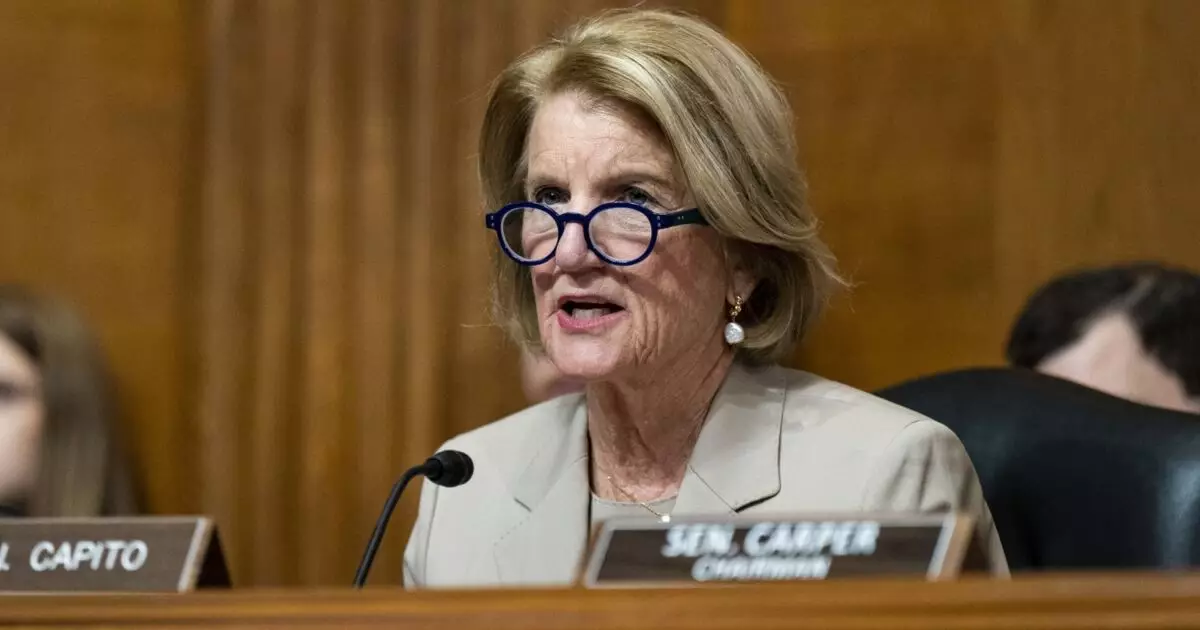The shortage of Federal Highway Administration emergency relief funds has caused a major obstacle in determining how the eventual replacement of the Francis Scott Key Bridge in Baltimore will be financed. According to Senate Environmental Committee ranking Member Shelley Moore Capito, the ER program is currently facing a funding shortfall of over $3.5 billion, leading to a backlog of projects in 38 states and territories. This shortage has raised concerns about how the replacement of the toll bridge will be funded and who will bear the financial burden.
Toll Bridge and Revenue Allocation
The Francis Scott Key Bridge, a bond-financed toll bridge, was struck by a Singapore-flagged container vessel on March 26, adding complexity to the funding dispute. With tolls collected on the bridge, questions have been raised about how the toll revenue will be allocated once the bridge is replaced. Typically, state projects receive 80% reimbursement, while federal projects can qualify for up to 90% reimbursement. Maryland, however, is requesting 100% reimbursement, citing past precedence for full federal funding in similar catastrophic events.
The debate over the responsibility for funding the replacement of the Francis Scott Key Bridge has escalated, with Senator Ben Cardin of Maryland leading the charge for full federal reimbursement. He argues that the state cannot afford to bear any of the costs and that delaying the construction would only lead to further losses for the community. Additionally, Cardin and Senator Chris Van Hollen have proposed legislation that would ensure the federal government receives any funds recovered through insurance claims, including an estimated $350 million in insurance reimbursement.
The use of federal taxpayer money to fully fund the replacement of a toll bridge has sparked controversy, with Senator Capito questioning whether it is fair for American taxpayers to bear the 10% cost share that Maryland would typically have to cover. Cardin, on the other hand, argues that penalizing the state for using toll revenues to repay the 10% share would be unfair and could hinder the timely reconstruction of the bridge. The disagreement over the use of federal funds highlights the complex nature of funding infrastructure projects and the competing interests at play.
In response to the funding dispute, Cardin and Van Hollen have drafted legislation that would guarantee the federal government receives any funds recovered through insurance claims for the replacement of the Francis Scott Key Bridge. This legislative effort aims to clarify the allocation of insurance proceeds and ensure that the federal government is reimbursed for any damages incurred. The proposal reflects a proactive approach to resolving the funding dispute and ensuring that the replacement of the bridge is completed in a timely manner.
Overall, the funding dispute over the replacement of the Francis Scott Key Bridge underscores the challenges inherent in financing major infrastructure projects and the complexities of allocating costs between state and federal governments. As the debate continues, stakeholders will need to carefully consider the implications of their funding decisions and work towards a resolution that balances the interests of all parties involved.

